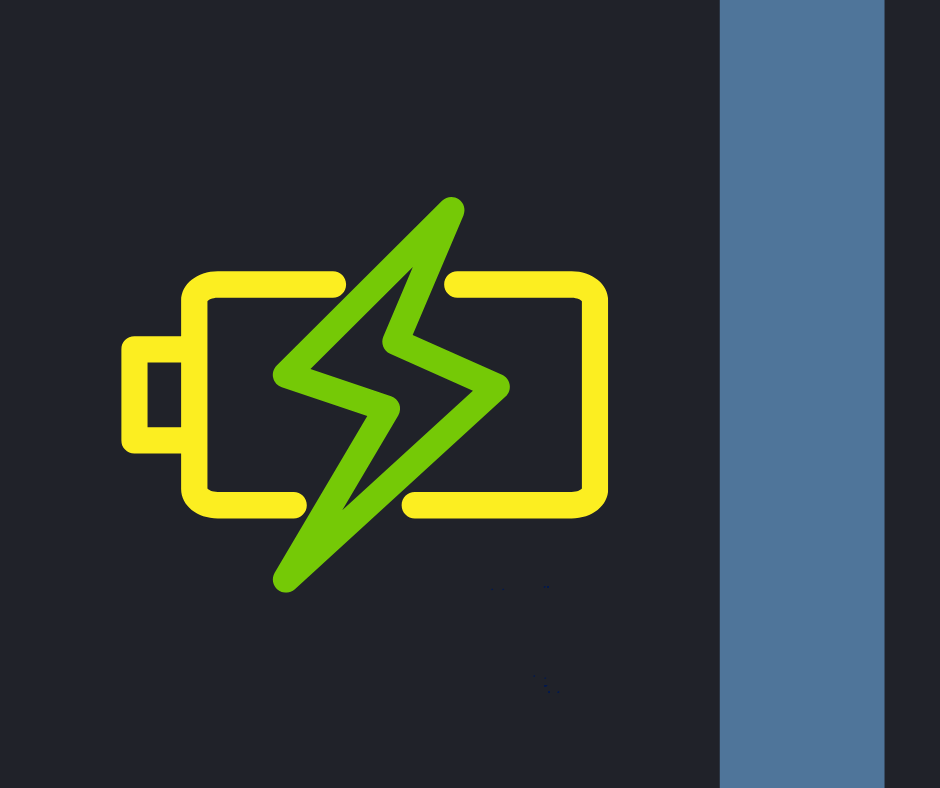
Solar Generators vs. Gas Generators: Which Is Better?
Share
When it comes to backup power solutions, two primary options often come to mind: solar generators and gas generators. Each has its own set of advantages and disadvantages, making the choice dependent on individual needs and circumstances. In this article, we'll explore the key differences between these two types of generators to help you make an informed decision.
Understanding the Basics
Gas Generators
Gas generators operate by burning fossil fuels—typically gasoline, diesel, or propane—to produce electricity. They have been the traditional choice for backup power due to their ability to deliver substantial power output, making them suitable for running heavy-duty appliances and tools.
Solar Generators
Solar generators, on the other hand, harness energy from the sun through solar panels and store it in built-in batteries. They convert sunlight into electrical energy without the need for fuel combustion, offering a cleaner and quieter alternative to gas generators.
Key Comparisons
1. Operating Costs
- Gas Generators: Require ongoing fuel purchases, and fuel prices can be volatile.
- Solar Generators: After the initial investment, they harness free solar energy, resulting in minimal operating costs.
2. Noise Levels
- Gas Generators: Can be quite noisy during operation, which may be disruptive in residential areas or during nighttime use.
- Solar Generators: Operate silently, providing a noise-free power solution.
3. Maintenance
- Gas Generators: Require regular maintenance, including oil changes and engine servicing.
- Solar Generators: Have fewer moving parts, leading to lower maintenance requirements.
4. Power Output and Reliability
- Gas Generators: Typically offer higher power output, making them suitable for running multiple large appliances simultaneously.
- Solar Generators: Generally have limited power capacity, which may not support all household appliances at once. Their efficiency also depends on sunlight availability. However, there have been huge strides lately in their power capacity and battery charge, with some touting full household backup capacity.
5. Upfront Costs
- Gas Generators: Generally have a lower initial purchase price.
- Solar Generators: Often come with a higher upfront cost due to the price of solar panels and battery storage.
Product Recommendations
If you choose to purchase any of these generators I would get a small commission if you use the links I have provided here. My goal is to direct you to top quality products. Here are some top-rated generators in each category:
Solar Generators
A high-capacity solar generator suitable for home backup and outdoor activities.
2. EcoFlow Delta Pro (Amazon link)
Offers substantial power output and fast charging capabilities, ideal for both home use and off-grid adventures.
3. Bluetti AC200 (Amazon link)
Known for its durability and multiple output options, making it versatile for various power needs.
Gas Generators
When searching for a gas generator be sure to check out how many hours the generator will function per tank of gas. Find out how many gallons of gas fill the tank and you will have a better idea of how much gas will cost you and how much gas you may want to have on hand. Be sure to store fuel safely and appropriately.
1. Westinghouse WGen9500 (Amazon link)
A reliable gas and propane powered generator with remote start and sufficient power for essential household appliances.
2. Honda EU2200i (Amazon link)
Renowned for its quiet operation and fuel efficiency, suitable for both home backup and recreational use.
3. Champion 11000-Watt Dual Fuel Generator (Amazon link)
Offers the flexibility of running on either gasoline or propane, providing versatility during emergencies. Has quiet technology and a CO shield.
Conclusion
Choosing between a solar generator and a gas generator depends on your specific needs and priorities. If you require a high power output and don't mind the noise and maintenance, a gas generator might be the suitable choice. However, if you're looking for a low-maintenance, quiet solution, that doesn't require fuel, and are willing to invest more upfront, a solar generator could be the better option.
Consider factors such as your typical power usage, budget, and whether or not you have access to fuel (gasoline or propane) when making your decision. Both types have their merits, and the best choice varies based on individual circumstances.
To learn about inexpensive power systems, check out this article.
No fuss. No fluff. No fear.
Other Articles of Interest
Fuel Storage for Emergencies: What You Need to Know
Is Prepping Worth it? Debunking Common Myths
Gas Shortages: How to Make Your Fuel Last Longer in a Crisis
